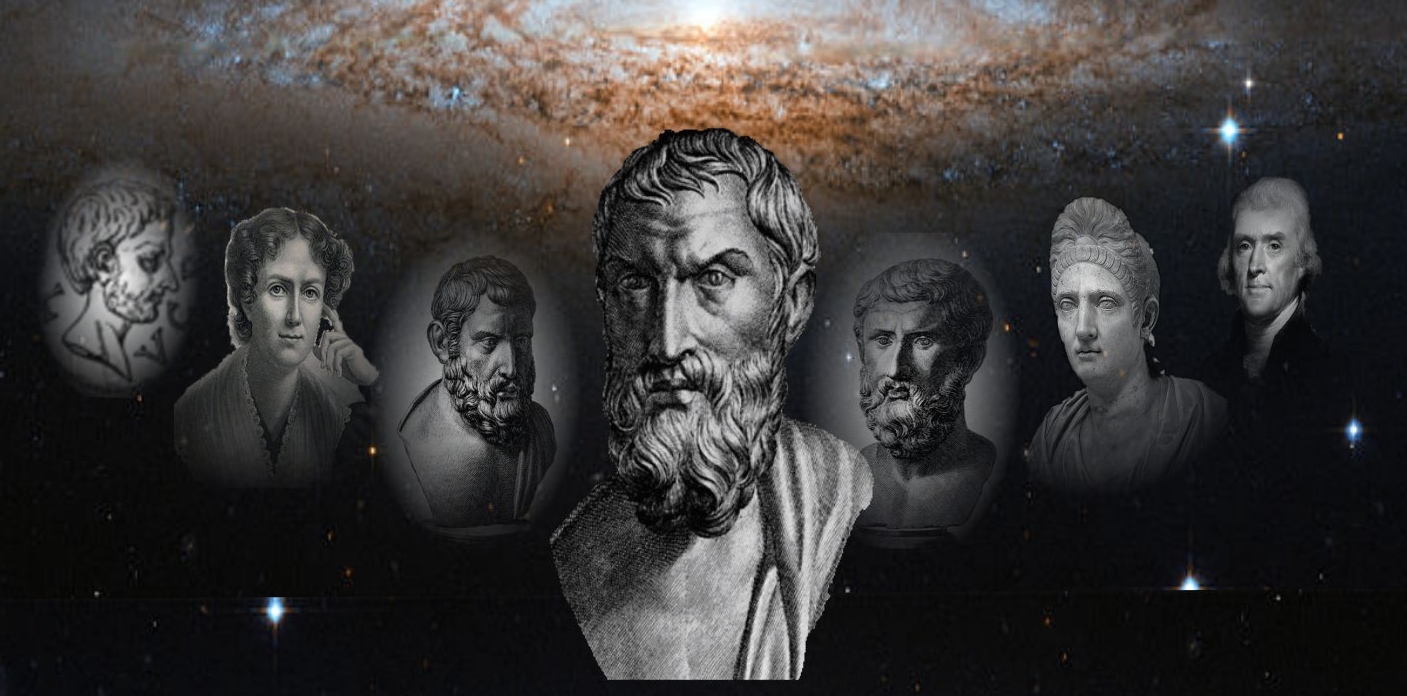


In addition, the Epicureans believed that the universe is limitless, does not have an edge or bottom. These two pillars of Epicurean metaphysics are the features of the universe you cannot see with the naked eye but they are the bedrock that make up all of existence and enable all the phenomenon that is known to be known.

I evaluate the key themes of the work and philosophy with among a copious number of quotes from Lucretius and the addition of giving that a commentary also!įor Epicurean philosophy and especially its own metaphysics, there are two fundamental features that make up reality or the universe and that being the duality of atoms and void. This article is about Lucretius’ work and Epicureanism in general. “Mortals who can’t fathom a cause assign these explanations to divine power.” All phenomena, everything, is touched with a naturalistic explanation of its origin and development, If Lucretius heard an explanation of some phenomenon caused by supernatural means (in other words, the God did it explanations) he’d tut-tut the pious person to scorn and retort: Lucretius is no different, right here its all physical and nothing else. Typical of all works of naturalistic philosophy you will begin to notice the frequent patterns and habits that characterise it, being that of emphasising the role of the physical, the natural and the laws of physics rather than human society and culture (humanities) which is often downplayed.

You see, Lucretius was both a poet and a philosopher who synthesised the two into his magnum opus, The Nature of Things (De Rerum Natura, in Latin) a work dedicated to Epicurean philosophy. What makes this poet extraordinary and quite unique is that he wrote an epic length poem not of romance, heroism, adventure or any of that sentimental claptrap but wrote a philosophical poem on that of nature. The star of this article is Lucretius, a Roman poet living within 1st BCE Republican Rome.


 0 kommentar(er)
0 kommentar(er)
